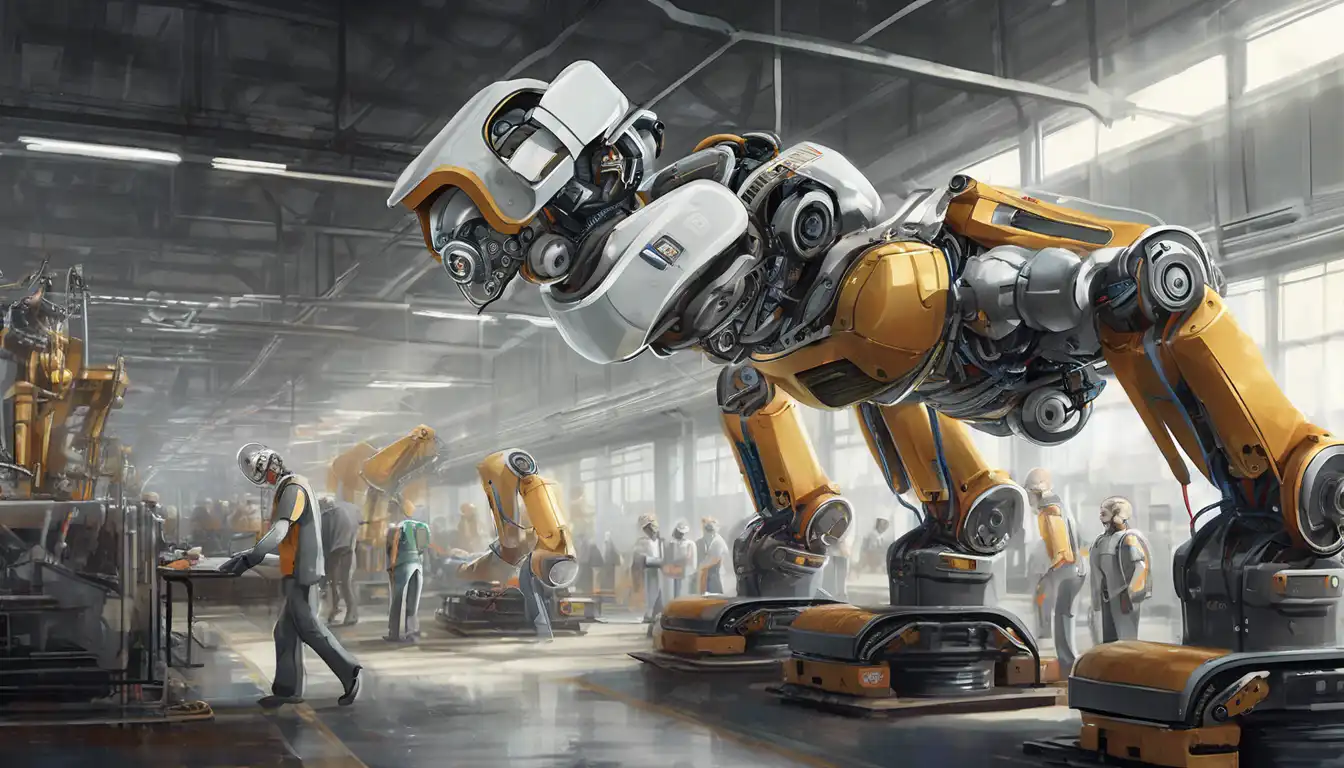The Revolutionary Impact of Robotics on Modern Manufacturing
In the heart of the industrial revolution, the introduction of robotics into manufacturing processes has marked a pivotal shift towards efficiency, precision, and scalability. This transformation is not just about replacing human labor but enhancing capabilities, reducing errors, and opening new avenues for innovation.
Enhanced Efficiency and Productivity
Robotics technology has significantly increased production rates by operating 24/7 without fatigue, unlike human workers. This relentless efficiency ensures that manufacturing deadlines are met with unprecedented speed, allowing businesses to respond more swiftly to market demands.
Precision and Quality Control
With robotics, the margin for error in manufacturing processes has drastically reduced. Robots are programmed to perform tasks with exact precision, ensuring that each product meets strict quality standards. This level of consistency is crucial in industries where precision is paramount, such as aerospace and medical devices.
Cost Reduction and Scalability
While the initial investment in robotics can be substantial, the long-term savings are undeniable. Robots reduce labor costs, minimize waste through precision, and can be reprogrammed for different tasks, offering unparalleled scalability for growing businesses.
Innovation and Future Prospects
The integration of robotics in manufacturing is not the end but the beginning of a new era. With advancements in artificial intelligence and machine learning, robots are becoming smarter, more adaptable, and capable of performing complex tasks that were once thought impossible.
For more insights into how technology is shaping industries, explore our technology trends section.
Challenges and Considerations
Despite the benefits, the transition to robotic manufacturing comes with its set of challenges. The need for skilled personnel to operate and maintain these systems is critical. Additionally, businesses must consider the ethical implications of replacing human jobs with machines.
Looking ahead, the role of robotics in manufacturing is set to grow, driven by continuous technological advancements. As we navigate this transformative period, the focus should be on leveraging robotics to complement human skills, fostering an environment of collaboration and innovation.
Discover more about the future of manufacturing in our future of manufacturing feature.
